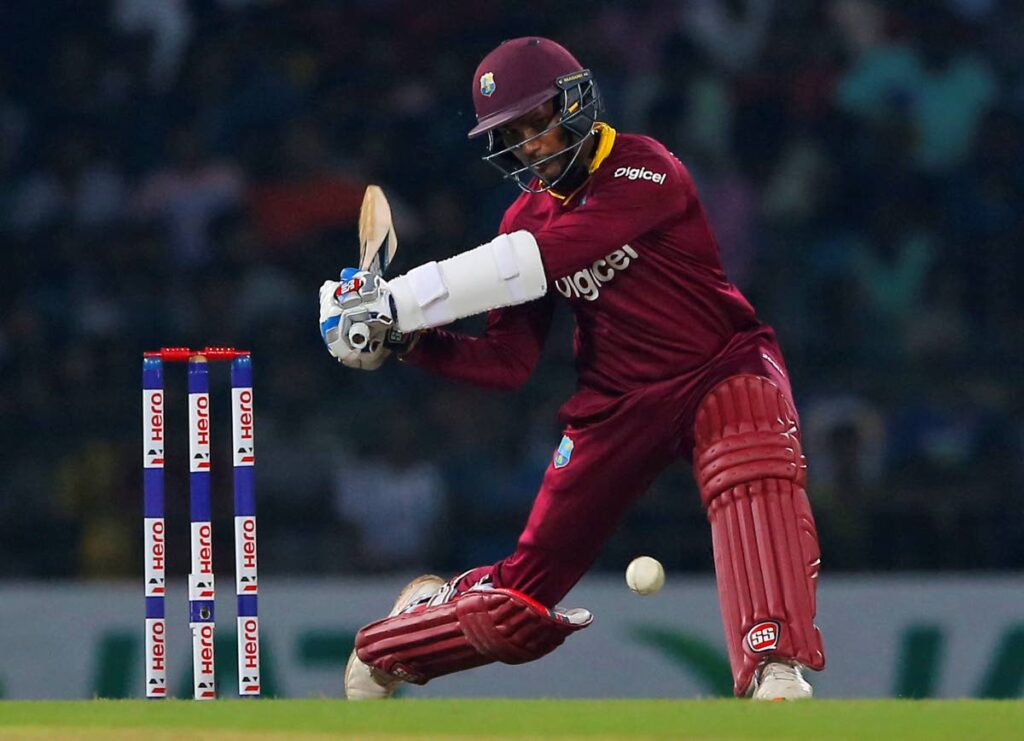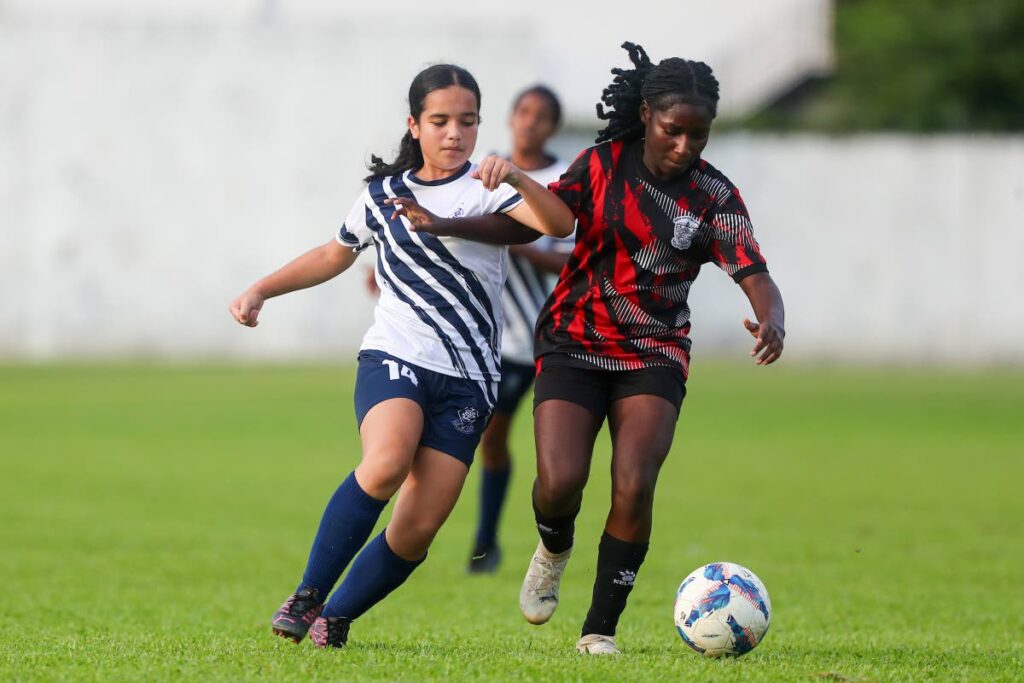Let the children soar
Written by reggietnt868radio on November 20, 2024

Dr Gabrielle Hosein
TODAY, November 20, is World Children’s Day or Universal Children’s Day. This was the date in 1959 when the UN General Assembly adopted the Declaration of the Rights of the Child. On the same day in 1989, it adopted the Convention on the Rights of the Child.
Approaching the world as if children’s rights matter would transform everything we do as adults. Imagine if we made all our decisions with them in mind, as we should.
For example, in relation to Gaza, which continues to be bombarded by an Israeli policy of Palestinian genocide, we should all agree that the partial or complete destruction of more than 95 per cent of schools, disconnection from schooling of at least 658,000 school-age children, and killing of thousands must immediately stop.
Save the Children reported in October that, of the 11,300 children killed up to August 31, 30 per cent were younger than five. Tens of thousands are war wounded, including thousands of amputations, some without anaesthetic or medical supplies for recovery.
In Sudan, according to UNICEF, 17 million children are out of school and about 3.7 million are projected to suffer from acute malnutrition as communities are caught in fighting between the Sudanese Armed Forces (SAF) and the Rapid Support Forces (RSF), which broke out on April 15, 2023. “Countless” girl children have been particularly vulnerable to sexual violence and rape as weapons of war.
In Ukraine, UNICEF reported on November 18 that at least 2,406 children have been killed or injured since the Russian invasion. That’s 16 children a week over the last 1,000 days. In this period, 1,498 educational institutions and 662 healthcare facilities were destroyed.
In our own region, on October 10, Amnesty International reported on Haitian boys being forced to work for gangs and girls being subjected to sexual violence, and many children displaced with nowhere to go. On November 11, the UN Office for Coordination of Humanitarian Affairs published estimates that between a third and a half of armed gang members are children. On September 11, UNICEF estimated that 919 schools in the West and Artibonite regions had been closed, and approximately 156,000 students affected by school closures and ongoing violence.
These are just countries in headlines for conflicts with humanitarian impacts in which children experience displacement, disrupted healthcare and schooling, psychological wounds, fear, threat of hunger, and gendered violence. Additionally, to quote UNICEF, “In fragile situations, the prevalence of rape and sexual assault in childhood is over two times higher than the world average” (When Numbers Demand Action).
There are also non-headlined issues like access to water, and sanitation, hygiene and menstrual products. The numbers also do not immediately highlight the particular horrors for children living with disabilities in contexts of conflict or war or those who are now unaccompanied, separated from families or orphaned by war.
Surely, as adults, we are complicit in normalising this world. We should do more than hold our own little loved ones closer, but reach beyond ourselves to recognise those providing support to children and how much more is needed.
Women’s organisations on the ground in all these countries have played key roles in continuing to demand peace, provide mental health care and safe spaces for children, and help girl survivors. Yet how does the world come to be this way for children, so powerless in comparison to adults who overdetermine their lives?
The issues are intersecting: food and nutrition, health and sanitation, peace and safety, freedom from male sexual violence, an end to war and weapons production, recovery from forced displacement and climate change. We do not think of war as a children’s issue until you see it through the eyes of a child.
Organisations that help children are so overwhelmed with providing services, they hardly seem able to build sufficient global advocacy to support those at the grassroots who are pressuring governments and their backroom interests to take children’s rights seriously.
What, then, is our responsibility?
Entirely preventable issues affect children. We should amplify demands for a world without conflict and war. We should echo children’s right to dream of a world in which they soar.
To quote the Afghanistan Children’s Anthem: Oh, new generation, open your wings and soar!…Hundreds of untold stories are in the melody of your voice. Take the old strings and play new songs…In the midst of darkness become the radiant poetry of the dawn. Oh, new generation, open your wings and soar!
The post Let the children soar appeared first on Trinidad and Tobago Newsday.




